“With DECT-2020/NR+, it will be possible for anyone to deploy and connect devices in license-exempt, private 5G networks for the first time. This represents a massive opportunity for connecting billions of devices easily and reliably.”
According to the DECT Forum, the 5G/IoT marketplace is a very exciting sector for DECT technology to expand into, with enormous business potential. DECT NR+ is a new, non-cellular technology that enters this market substantially differentiating itself from many current solutions.
IoT devices and applications usually have specific communications requirements such as low cost, low power, long range and low data rates, while base stations may need to cater for many thousands of devices. As technologies such as Zigbee, Wi-Fi and conventional cellular were not designed to meet these demands, the industry has gravitated towards Low Power Wide Area Network (LPWAN) non-cellular standards like LoRa and SigFox along with cellular standards like NB-IoT and LTE-M.
NB-IoT is a cellular technology based on the LTE network architecture but later adopted for 5G. It works in licensed bands and piggybacks on existing cellular infrastructure. NB-IoT works for 4G and 5G bands, which means that a separate frequency band is not required, making it the technology of choice for mobile network operators. This established platform brings benefits, but also higher costs and a tie-in to the network operator. Meanwhile, and although LoRa networks need deployment from scratch, the long-term operational costs are lower because they use unlicensed ISM (Industrial, Scientific and Medical) bands, which makes LoRa ideal for low-budget, small-scale enterprise applications.
Wireless crunch
The limitations of the ISM band are well-known. Users are obliged to adhere to a policy limiting their use of available bandwidth, meaning not only that large volumes of data cannot typically be transferred, but also, data rates are low – typically 50kbps for LoRa. And then there is the highly problematic interference problem that is suffered by all users of the ISM band, a problem shared with other short-range standards such as Bluetooth and Wi-Fi. This interference means reduced efficiency and coverage and general worries about reliability.
As a non-cellular technology with its own frequency band, innovative and ambitious IoT developers have not been slow to recognise the potential for NR+, says the DECT Forum. In its recent press release, Wirepas, which describes itself as a ‘very, very good IoT company’ commented “With DECT-2020/NR+, it will be possible for anyone to deploy and connect devices in license-exempt, private 5G networks for the first time. This represents a massive opportunity for connecting billions of devices easily and reliably. While the IoT market and connectivity issues have existed for quite some time, there hasn’t been a standardized solution. Previous solutions have not solved the problems cost-efficiently and reliably on the required scale. For this reason, the prevalence of connected devices has been delayed.”
Wirepas also believes that its product architecture and business model remove monopolized models where local radio spectrum is owned by a single party, and that it democratizes the connectivity to all – big and small players.
Cross-industry suppport
Wirepas is not alone as an external partner that has supported the early development of NR+. Nordic Semiconductor, the Norwegian fabless semiconductor company specializing in wireless communication technology has partnered with Wirepas in the early development stages. Nordic is already a successful player in the connectivity silicon market, with award-winning Bluetooth Low Energy solutions as part of a technology range that includes ANT+, Thread and Zigbee. In 2018 Nordic launched its low power, compact LTE-M/NB-IoT cellular IoT solutions to extend the penetration of the IoT. Nordic’s range was further expanded by the addition of Wi-Fi technology in 2021. Nordic Semiconductor is unquestionably an important player in the market for wireless connectivity silicon solutions.
First live demo of NR+ takes place, plus product availability
As NR+ comes to market, the support of organisations such as Wirepas and Nordic Semiconductor shouldn’t be underestimated. The two companies pulled together and have already staged the first real-life demonstration of DECT-2020/NR+.
This took place at the TC DECT meeting which was held in the Finnish town of Tampere in June and was the first live demo of a mesh IoT solution. Seeing a live system in action of course led to the question of commercial availability. The DECT Forum predicts that we will see commercial products in the market during the first half of 2023.
Standardization activities
ETSI TC DECT continues with full speed to work on the NR+ standard. At the last plenary meetings in June and September more than 30 delegates participated and many contributions were made. Part of the work done concerns the finalization of the so-called Harmonized Standard which contains the essential radio requirements that products need to comply with in order to obtain type approval in the DECT band. Work on this new Harmonized Standard was completed at the last TC DECT meeting in September and will now be submitted to the EU for approval. Work has also started on the next release of the NR+ standard as well as a set of test specifications.
Another area that has the attention of the DECT Forum is investigating the possibilities for future certification programs that can be developed for NR+. The idea here being that specific application profiles will be created e.g. for Smart Metering or Industry 4.0. The certification program would then test and certify product compliance with the profile, thereby guaranteeing the interoperability between different vendors.
Related Articles
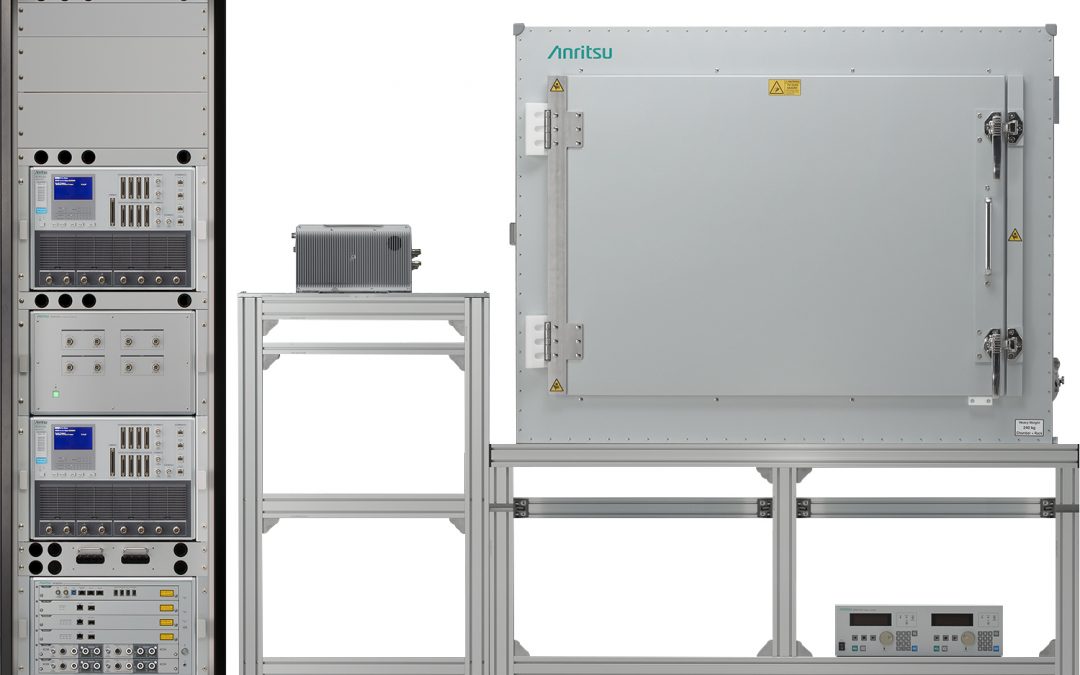
Anritsu, Sony Semiconductor validate industry first Non-Terrestrial Network (NTN) NB-IoT testcase
First NTN NB-IoT Protocol Conformance Tests for have been validated on the 5G NR Mobile Test Device Platform Anritsu Corporation has announced that the first NTN NB-IoT Protocol Conformance Tests for has been validated on the 5G NR Mobile Device Test Platform ME7834NR...
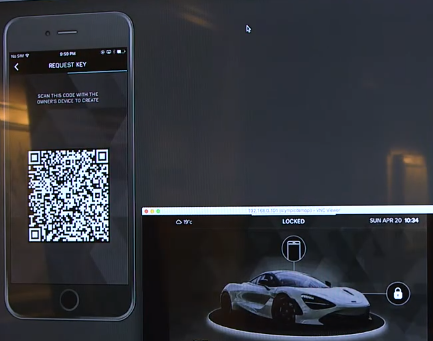
Ellisys Introduces Support for CCC Digital Key Technology
Protocol Updates Aid in Test, Validation, and Debug for Automotive and Consumer Electronics Developers and Test Labs Ellisys, a leading worldwide provider of Bluetooth®, Universal Serial Bus (USB), Ultra-Wideband, and Wi-Fi® protocol test and analysis solutions has...
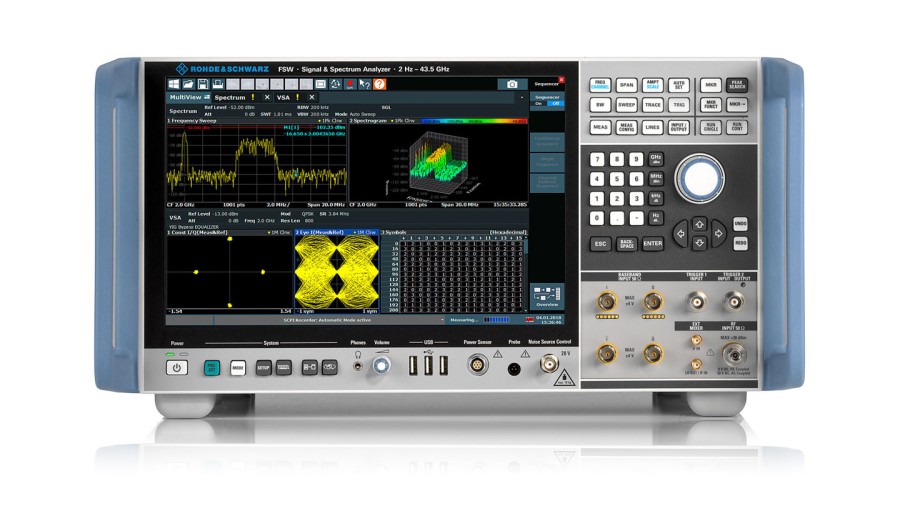
Rohde & Schwarz 170 GHz power sensors ease use and traceability in the D-band
Rohde & Schwarz is launching the new R&S NRP170TWG(N) thermal power sensor for precise power level measurements in the D-band. The new R&S NRP170TWG(N) sensors from Rohde & Schwarz are used in general R&D for 6G mobile communications, novel sub-THz...
Stay Up to Date With The Latest News & Updates
Our Sponsors
Incisor.TV partners with leading organisations in the technology sector.
Follow Us
And stay up to date with our news! We are active across the key social media platforms – please do follow us!

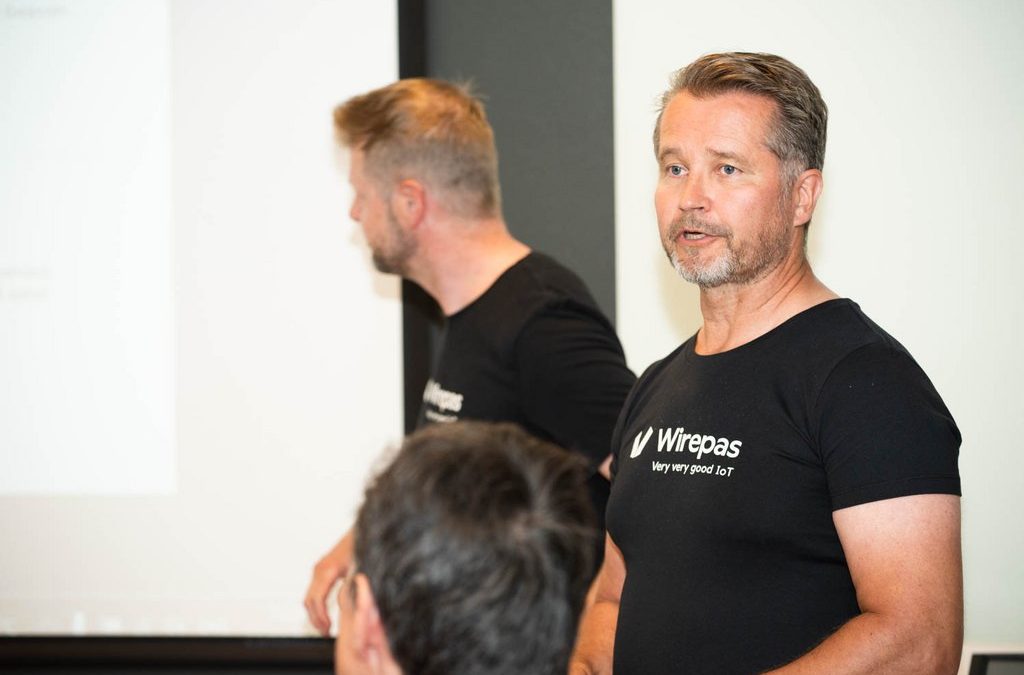
0 Comments